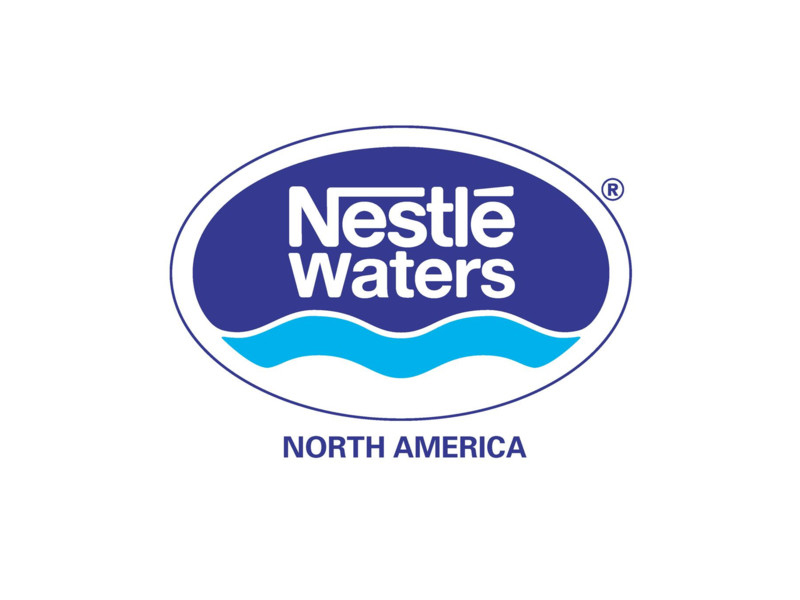The Chaffee County Commissioners approved a contract for Denver-based Harvey Economics to conduct an economic impact study of Nestlé Waters North America’s local operations.
In corresponding moves, the Commissioners voted to extend Nestlé’s existing 1041 permit to Aug. 4, 2021, and voted to continue the permit hearing to Jan. 19, 2021.
The existing permit allows Nestlé to pump up to 196 acre-feet of water per year at Ruby Mountain Spring, and Nestlé has applied for a 10-year permit extension.
The Commissioners have temporarily extended the original permit by more than a year, and this most recent extension will allow Nestlé to continue its operations while the economic study is conducted.
The extension also allows time for county officials, Nestlé and members of the public to review and comment on the economic study.
In discussing the timeline for the ongoing 1041 hearing, the Commissioners indicated they expect Harvey Economics to complete the study in approximately 3 months, after which Nestlé will have the study reviewed by a consultant.
Members of the public will have an opportunity to review the study, review Nestlé’s response, and comment on both documents, with Commissioners expecting to render a decision on Nestlé’s permit application by early June.
If the Commissioners deny the permit extension, Nestlé would have until Aug. 4, 2021, to phase out its Chaffee County operations.
Commissioners Chairman Greg Felt raised the issue of plastic bottles and asked Nestlé Natural Resource Manager Larry Lawrence about the feasibility of converting an existing bottling plant to use biodegradable bottles.
“I agree with the counsel I’ve had that, no, that worldwide problem is not part of your 1041 authority or responsibility to solve. That being said, I do think that we’re at a point of negotiation here,” Felt said. “Between willing partners, anything is on the table. … The more I think about the situation we’re in, … it really does strike me that this is a potential opportunity for Nestlé to change the game.”
Felt said “a pilot project to put a brand in a biodegradable bottle” would make sense in Colorado at Ruby Mountain Springs, and that type of project would align with community and state values.
Lawrence responded that Nestlé has “been looking at biodegradable bottles for several years.”
He mentioned “problems with stability and shelf life” and said he would be happy to discuss the possibility with company leadership and with the people working to develop biodegrable bottles.
“We’re all concerned about sustainable operations,” Lawrence said, indicating he should be able to answer Felt’s questions at the Jan. 19 meeting.
Felt also commented on “the terrific number of emails and comments we’ve had … asserting that the water’s been stolen or that we’ve given it away or that it’s been misused.”
In addition to his role as chairman of the Board of County Commissioners, Felt serves on the Colorado Water Conservation Board and as vice chair of the Upper Arkansas Water Conservancy District board of directors.
“The water-use situation is being handled as best as possible regarding actual legal impacts and things that we can actually control as county commissioners,” Felt said. “So far, I haven’t seen a whole lot that’s raising real concerns for me about the water.”
Felt noted, “Unless you’re on a 35-acre tract or larger, damn near every well in this county is augmented in basically the same manner that these wells are being augmented. In fact, (other wells) are being augmented probably to a lesser extent because the replacement water is being delivered at Pueblo Reservoir. … I just haven’t seen things that concern me that much about the water situation.”





